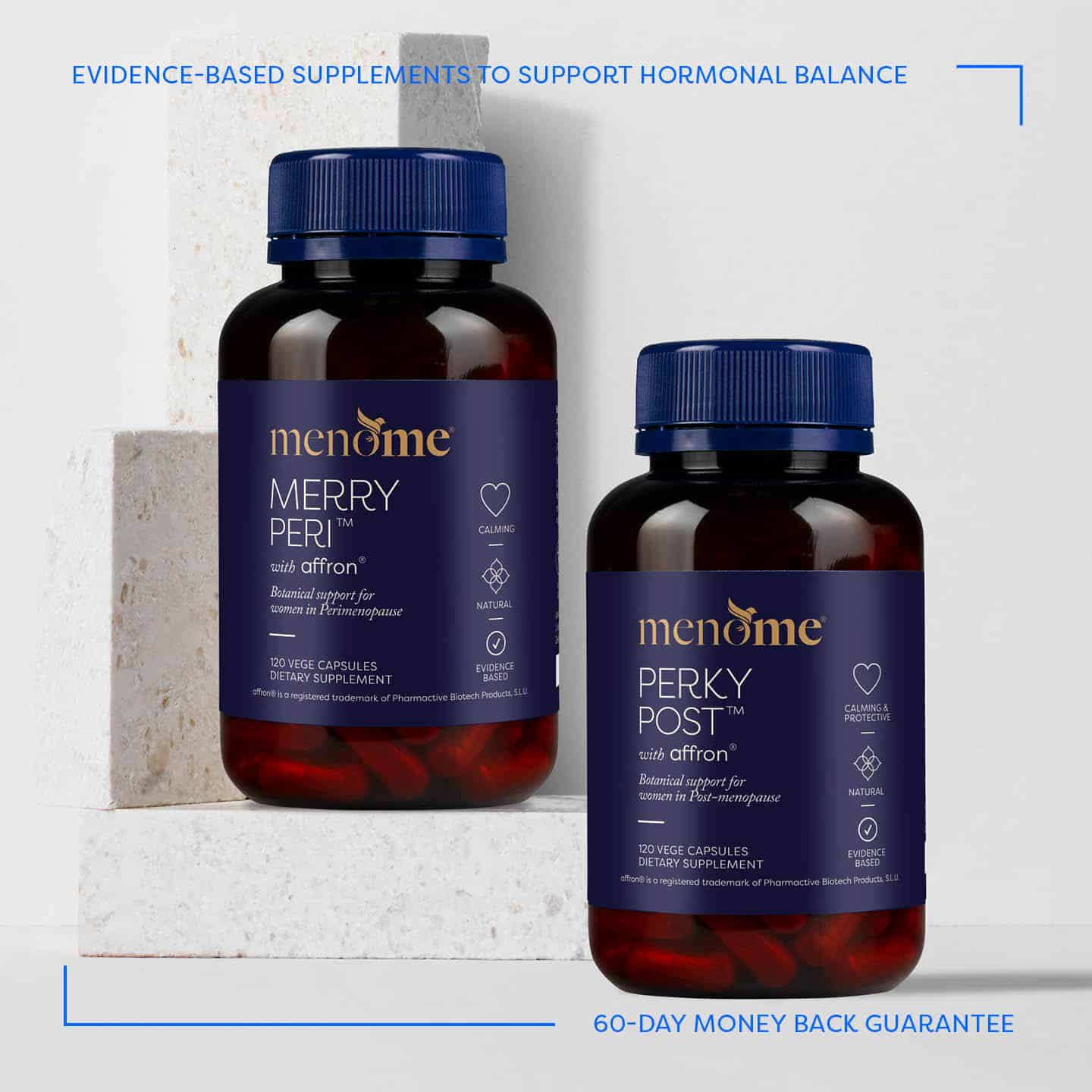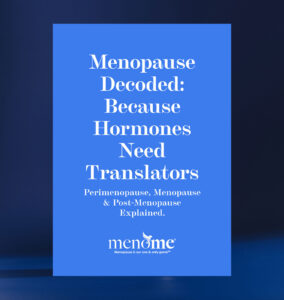
May we introduce Alison Smith?
Alison’s a busy (especially during the booming 2021 market!) real estate agent in South Taranaki, New Zealand.
Originally a dairy farmer, Alison’s been working in real estate since 2006 with a few gaps in between.
“It’s a high-pressured career in so far as if you don’t sell a property, you don’t make any money,” she says.
Onset of menopausal signs: personal stress or coincidental timing?
About three years ago Alison separated from her husband of 29 years. Together, they share three grown-up daughters (aged 17, 24 and 26). At the same time, Alison began experiencing menopause symptoms.
“The separation was a mutual decision but I did ask myself if the stress triggered things,” says Alison. “Before that, I hadn’t had any issues.
At this point, I began having irregular periods. They might be 10 days apart, followed by 20 days apart and then I realised they were 90 days overdue. So I thought “ok, what’s going on here?” But I hadn’t experienced any other indicators like hot flushes. I had had sore knees for a while but I exercise a lot and put it down to that.”
Then all of a sudden – Alison says – sleep disruption began.
“I woke up one night and boom! There it was. I was in the thick of relentless sleep interruptions,” she says.
Was my back pain related to menopause?
Alison had been experiencing back pain for many years. As a result, she’d undergone a series of tests including MRI’s as doctors attempted to find the cause.
“Finally, I was sent to a gynaecologist who suggested I have a hysterectomy. My response was “Why? No. I don’t want that.”
But I was desperate with back pain so I agreed to try some medication which was injected under the skin on my stomach. I can’t recall the exact name of what it was but it was supposed to put me into perimenopause. The medics felt it might alleviate the back pain but to no avail.
Subsequently, I began experiencing very bad full-on night and day sweats – this happened immediately and continued for about three months. So I was still experiencing back pain with the addition of full-on sweats! In light of this, I decided not to continue with the treatment.
Did I just sleep through the night?
“My preference is to use natural solutions. And I remembered I’d heard Deanne Werder-McCrea from MenoMe® speaking at a local business women’s event. It had been a few years earlier but I didn’t find it relatable to me so I banked it.
I live in the same town as MenoMe®’s distribution centre so I tracked her down and went to speak with her. She was very informative.
I was already taking magnesium and vitamin D separately.
MenoMe® took about three weeks to kick in and as quickly as the sleep disturbance started it disappeared.
I woke up one morning and thought “did I just sleep through the night?!?”
Let’s talk about menopause more
“MenoMe® has been great for me.
I think we need to talk about menopause more – it’s still a bit taboo, isn’t it? I hadn’t heard of perimenopause before, I thought we only experienced menopause. And I didn’t know a lot about that.
As I said, I didn’t feel it applied to me when I heard Dee talking about it. If I thought about it at all, it was like ‘what does that mean?’
I think menopause needs to be highlighted more.”
Alison’s answers to our story form:
When did you first realise perimenopause had begun?
I knew my body was going through some changes particularly with regard to my menstrual cycle. That said, I hadn’t really heard of ‘perimenopause’.
Did you understand what perimenopause (as opposed to menopause) was?
No, only latterly have I heard more about it, particularly from a local PT trainer at my gym who highlights it well.
Did you feel you were too young?
No. To be fair I think I am extremely lucky compared to many women with my symptoms to date.
Were you shocked/surprised?
No. I knew changes were imminent but you never know when or how it will affect you.
What have been a few of your major challenges?
I think accepting menopause is not something to be scared of.
It’s a change in a woman’s life that I have learnt to accept more openly.
I used to think menopause meant I am getting ‘old’. Along with ‘everything is ageing and the body is not what it used to be’! BUT actually, I believe I’m lucky to have my health, some amazing people in my life and I appreciate ‘life’ in general.
In addition, I know tomorrow is not a given and I remind myself of that every day.
What have you struggled with?
Sore knees, irregular periods, weight gain, hair breakage, hot flushes.
Has there been a turning point for you at any stage?
Finding MenoMe®!!
Do you understand this journey?
Yes. I do now thanks mostly to the information provided by MenoMe®.
Has MenoMe® contributed to your experience?
I think MenoMe® is a fantastic product supported by wonderful people who are passionate about supporting and educating women. Menopause should be and needs to be talked about more 😊.





 Say hi to ’26
Say hi to ’26